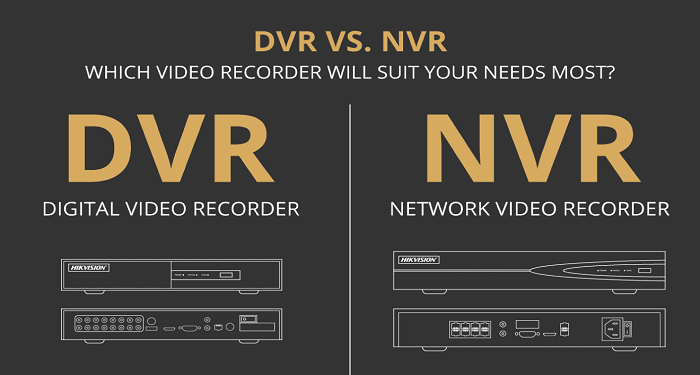What is the meaning of NVR? NVR stands for National Eet Regulator. The full form of this abbreviation is “never”. There are other full forms of the word that relate to NVR. You can find those full forms on Google or Wikipedia. The full name of a given abbreviation is usually a combination of two words. So, how can you find out what NVR means?
Both DVR and NVR systems record video footage onto a hard drive. However, there are some differences between them. DVR recorders are designed to record video footage from more than one camera. They rely on AD encoders to process the raw data from the cameras. A DVR system requires each camera to be connected to the recorder and to a separate power source. Both DVR and NVR systems offer noticeable benefits. While both systems record video footage onto a hard drive, the DVR has a more sophisticated design and superior performance.
A network video recorder is a device that records video from a network using Ethernet cables and an RJ45 plug. This type of NVR is used with IP cameras. Ethernet NVRs are typically wired with Cat5 or Cat6 Ethernet cables and use RJ45 plugs, whereas WiFi NVRs do not use camera ports and connect to WiFi cameras wirelessly. In contrast, an analog camera uses a coaxial cable to transmit video.
A NVR can record video in both digital and analog formats. A DVR is a better choice if your current security system uses coaxial cable. But if you have a separate network, an NVR may be better for you. If the two types of security systems do not have any significant differences, a DVR may be the best choice. But it is important to know the differences between the two. The following table summarizes the benefits and disadvantages of each and may help you make the right decision.
An NVR is a computer system that records video over a network. These computers include video management software, hard drive storage, and network connection. Typically, an NVR is deployed in an IP video surveillance system. Unlike traditional DVRs, the NVR system uses the same network, so it can work with any type of IP camera. It also supports many features and functions. However, it requires that the cameras are connected to the same network.
Both NVRs and DVRs offer reliable security camera systems. Unlike DVRs, NVRs have higher resolutions. However, if you’re looking for a good quality video recording solution, you’ll want to choose an NVR. The only difference between an NVR and a DVR is the type of cable. You can find a wireless NVR if you have a network cable. Alternatively, you can use PoE technology to power your cameras wirelessly.














